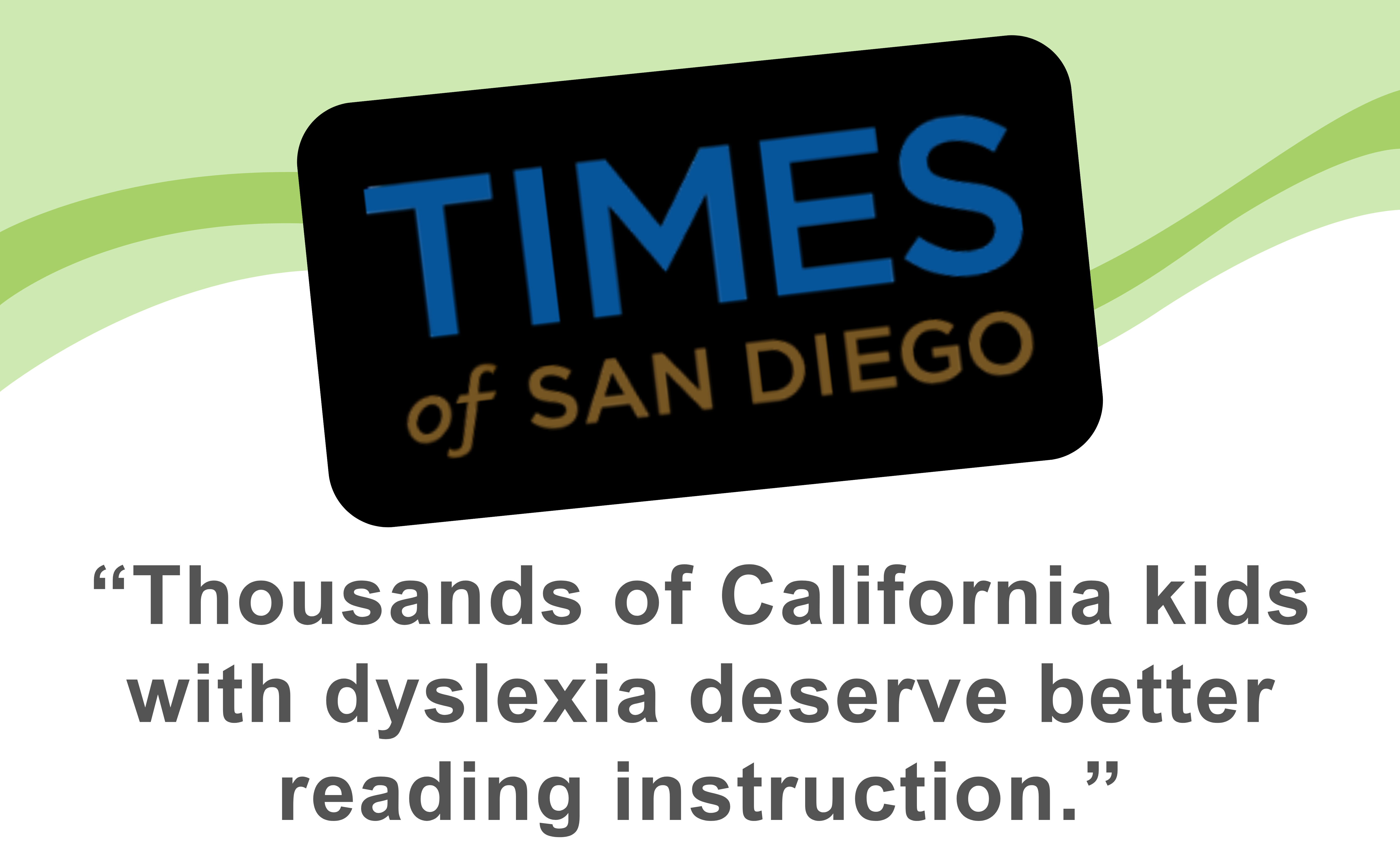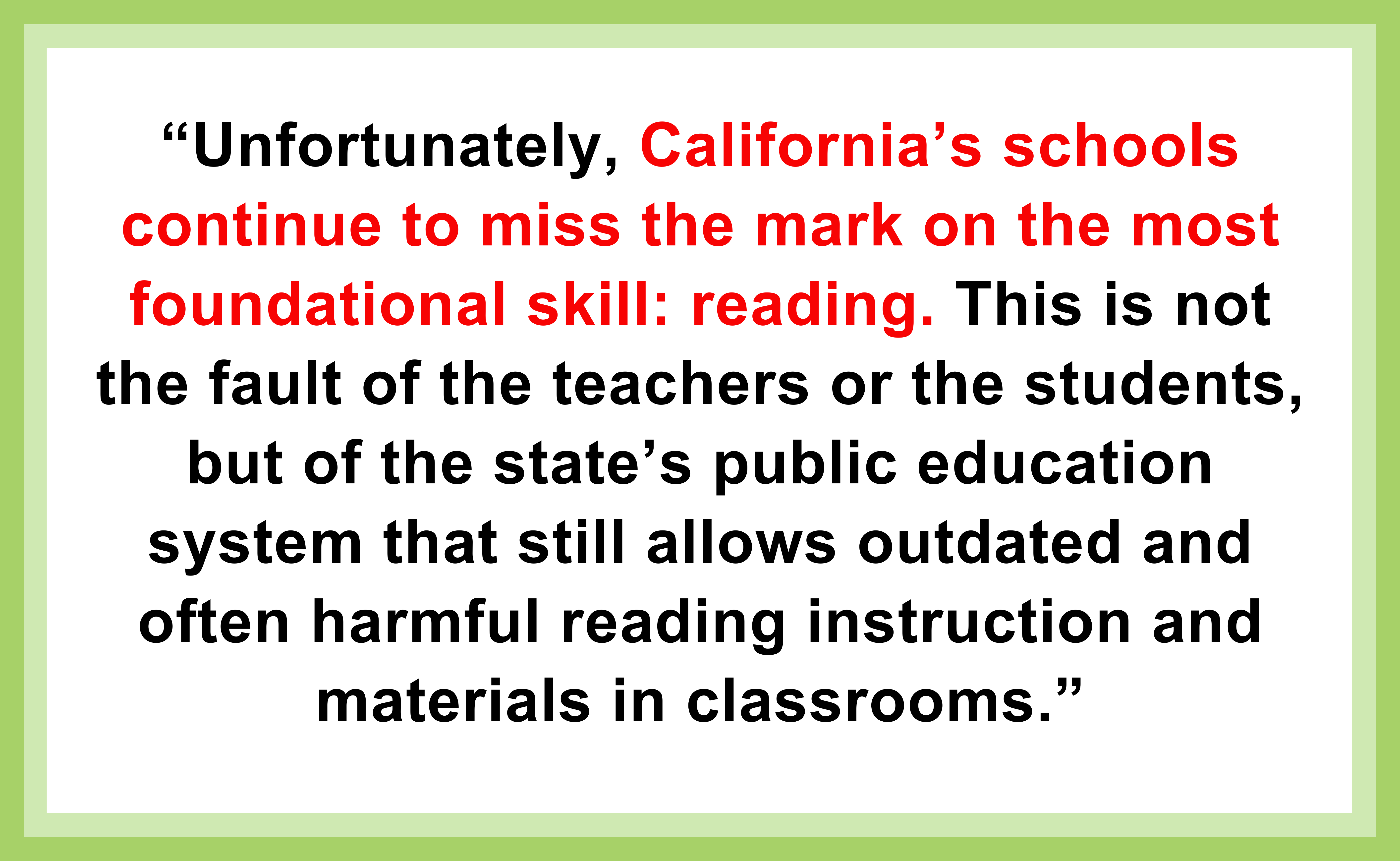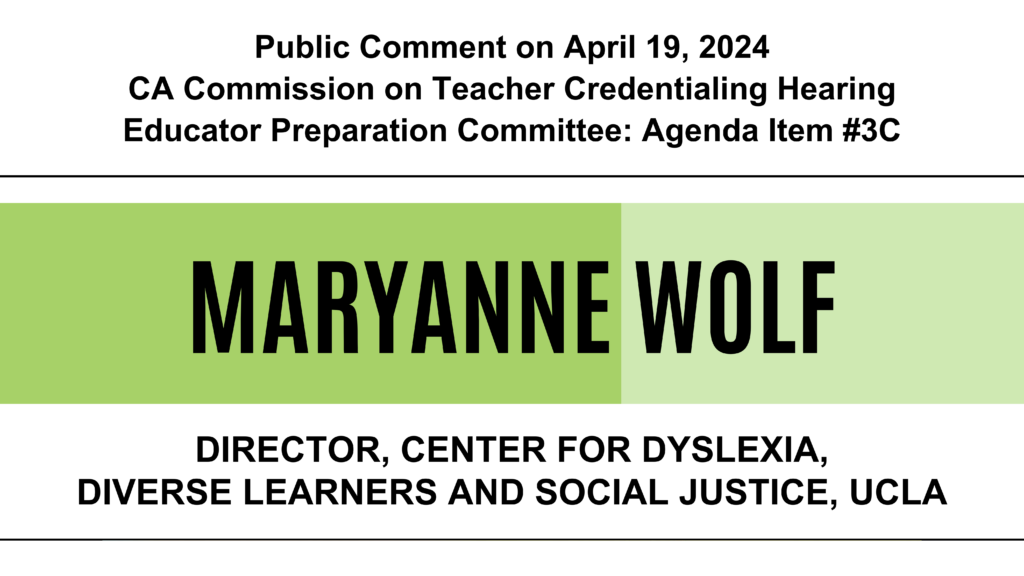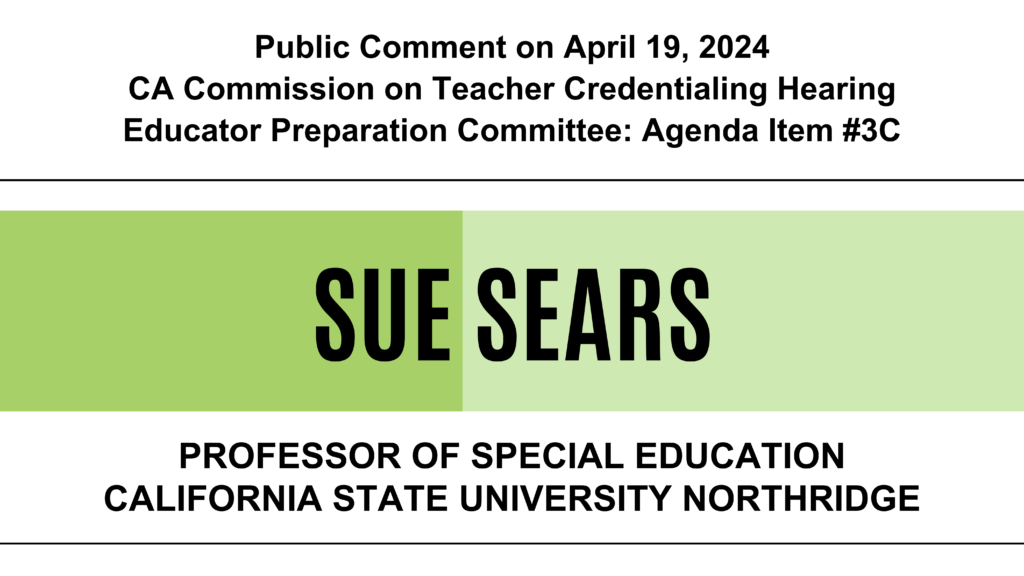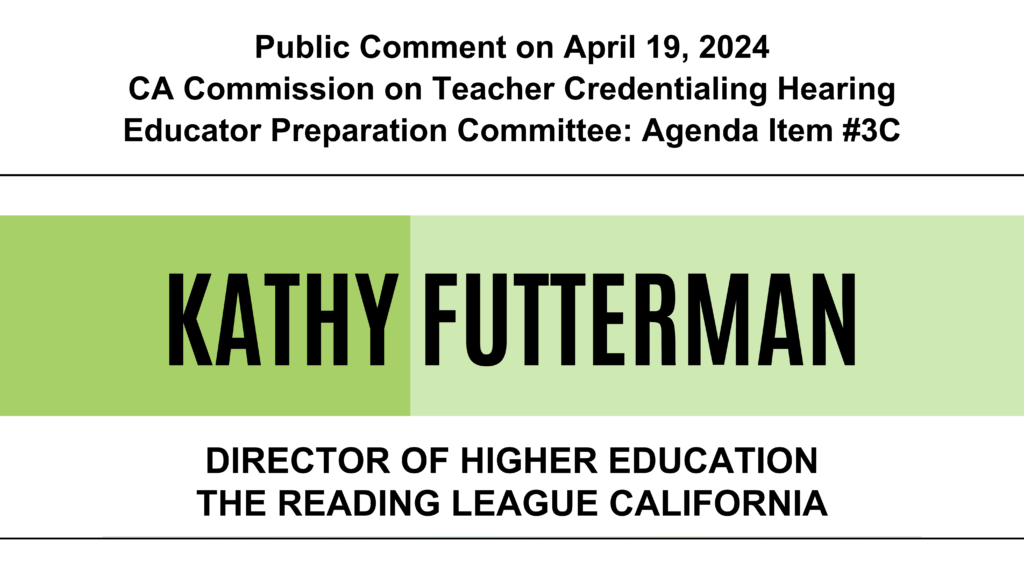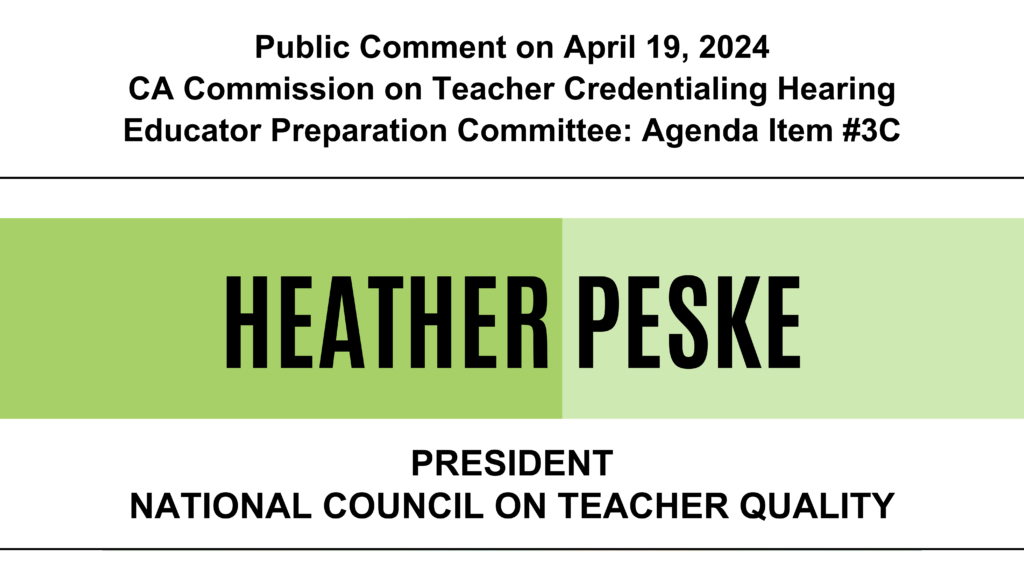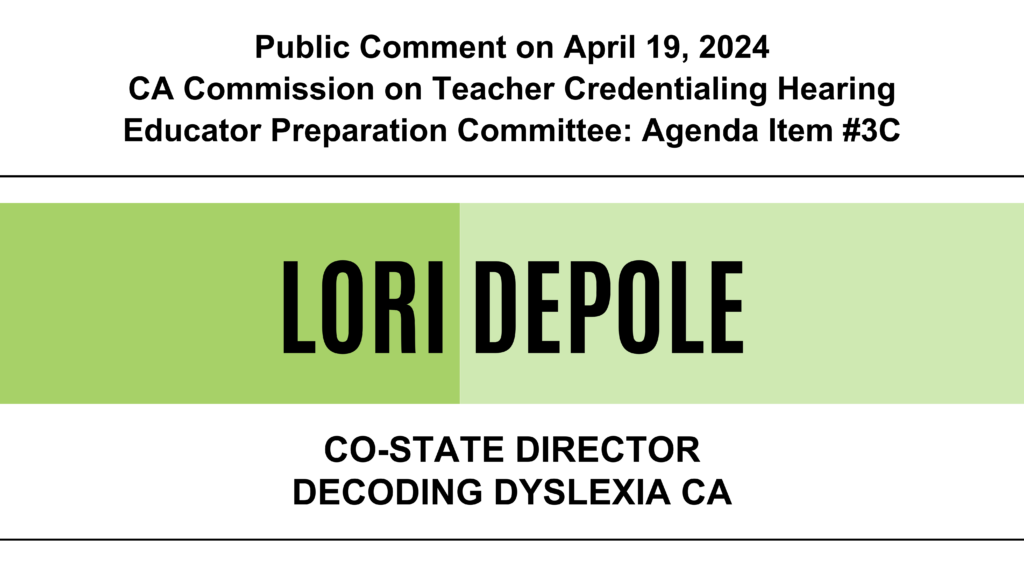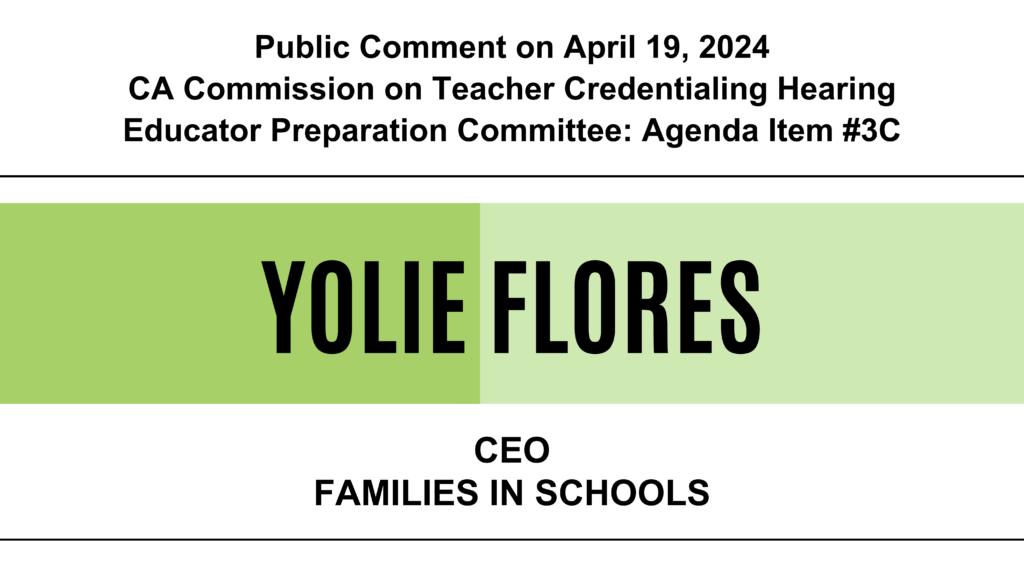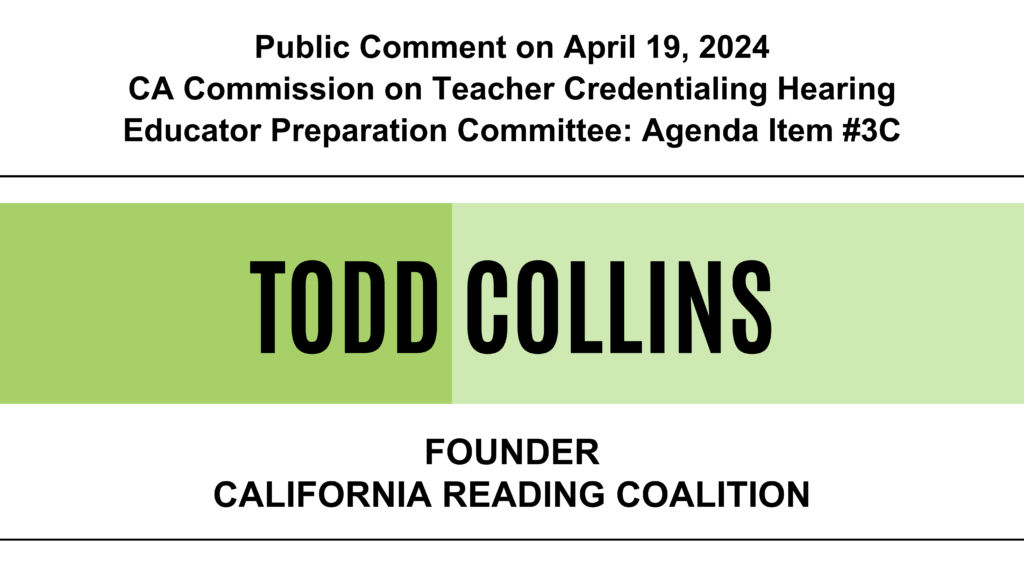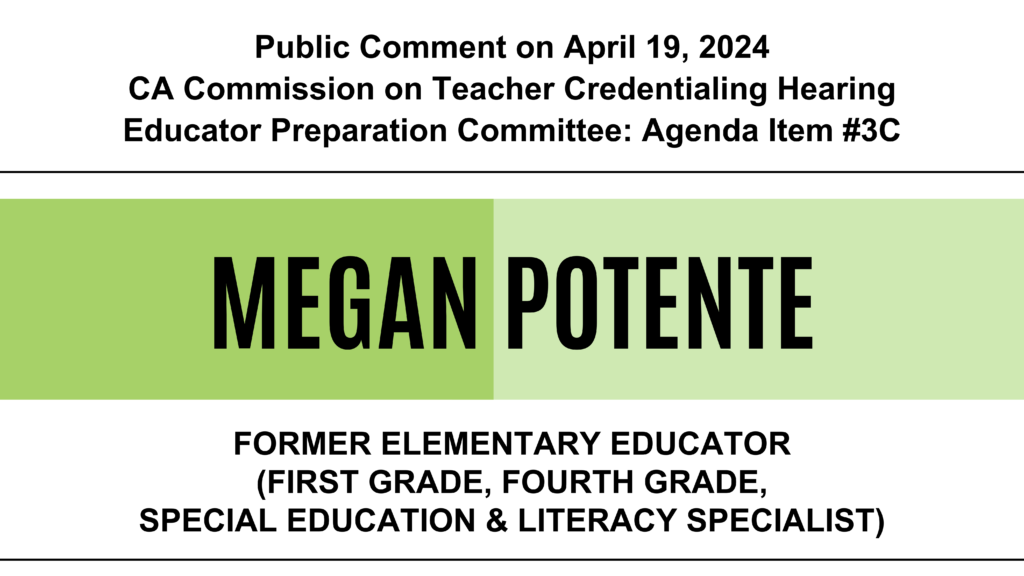Opinion Piece as published in the Times of San Diego on April 5, 2025 written by Frida Brunzell, Decoding Dyslexia CA’s San Diego Support Group Leader
I adopted my son Sebastian at birth. He was a bright, curious little boy who hit all the milestones early and loved learning about the world. So when school began, I expected he would do well. But the moment he started kindergarten, it became clear that something wasn’t right.
Sebastian was one of the only children in his kindergarten class who couldn’t write his name. His teacher encouraged me to work on letter sounds at home because he was struggling to remember them. He was only six years old, but the joy he had once shown for learning quickly began to fade. He became withdrawn, anxious, and didn’t want to go to school.
I tried to help him at home. But instead of reading, he memorized the stories. When he didn’t know a word, he guessed — just as thousands of children are currently taught to do in classrooms across California. No one told me this approach wasn’t working for him. And no one told me that there was another way to teach reading: an approach informed by the science of how the brain learns to read.
When his school finally recommended placing him in a special day class in the third grade, I agreed — because nothing else had worked. But nothing changed. He still couldn’t read. His writing was illegible. He started falling behind in other subjects, as well. This was the darkest year of our lives. I feared we were going to lose him entirely.
Eventually, we learned that Sebastian was one of the nearly one million students in California with dyslexia. I discovered through my volunteer efforts with Decoding Dyslexia CA that students with dyslexia are uniquely susceptible to poor instruction and experience the effects of poor instruction the most profoundly.
My son ultimately learned how to read, but he still sees those early childhood years as wasted time. Now, years later, Sebastian still hasn’t found his footing as a young adult. He graduated from high school in 2024 and went on to community college. Sadly, he dropped out of community college after a few weeks, and has had a few short-term jobs since. His self-esteem issues from elementary school have followed him into his adult life.
Sebastian’s story is heartbreaking, but it’s not rare. There are thousands of students across California right now preparing to graduate high school without being strong readers, which will trickle into their adult life as they navigate a literate world. How do we expect our children to become productive members of society if they can’t read a job description, a prescription label, or a ballot?
Teachers are working diligently to provide our children with the skills they need to become productive, successful adults. Unfortunately, California’s schools continue to miss the mark on the most foundational skill: reading. This is not the fault of the teachers or the students, but of the state’s public education system that still allows outdated and often harmful reading instruction and materials in classrooms.
I often wonder how Sebastian’s life would have been different if he’d received the evidence-based reading instruction needed for him to become a skilled reader. Instead of graduating high school with little confidence or direction, he might be thriving in college or at a job he loves. Instead of saying “they wasted my time” when asked about elementary school, he might be telling a story of being seen, supported, and successful.
I don’t want another family to go through what we have. That’s why I’m supporting Assembly Bill 1121, which will ensure that California teachers are trained in evidence-based methods of teaching reading.

